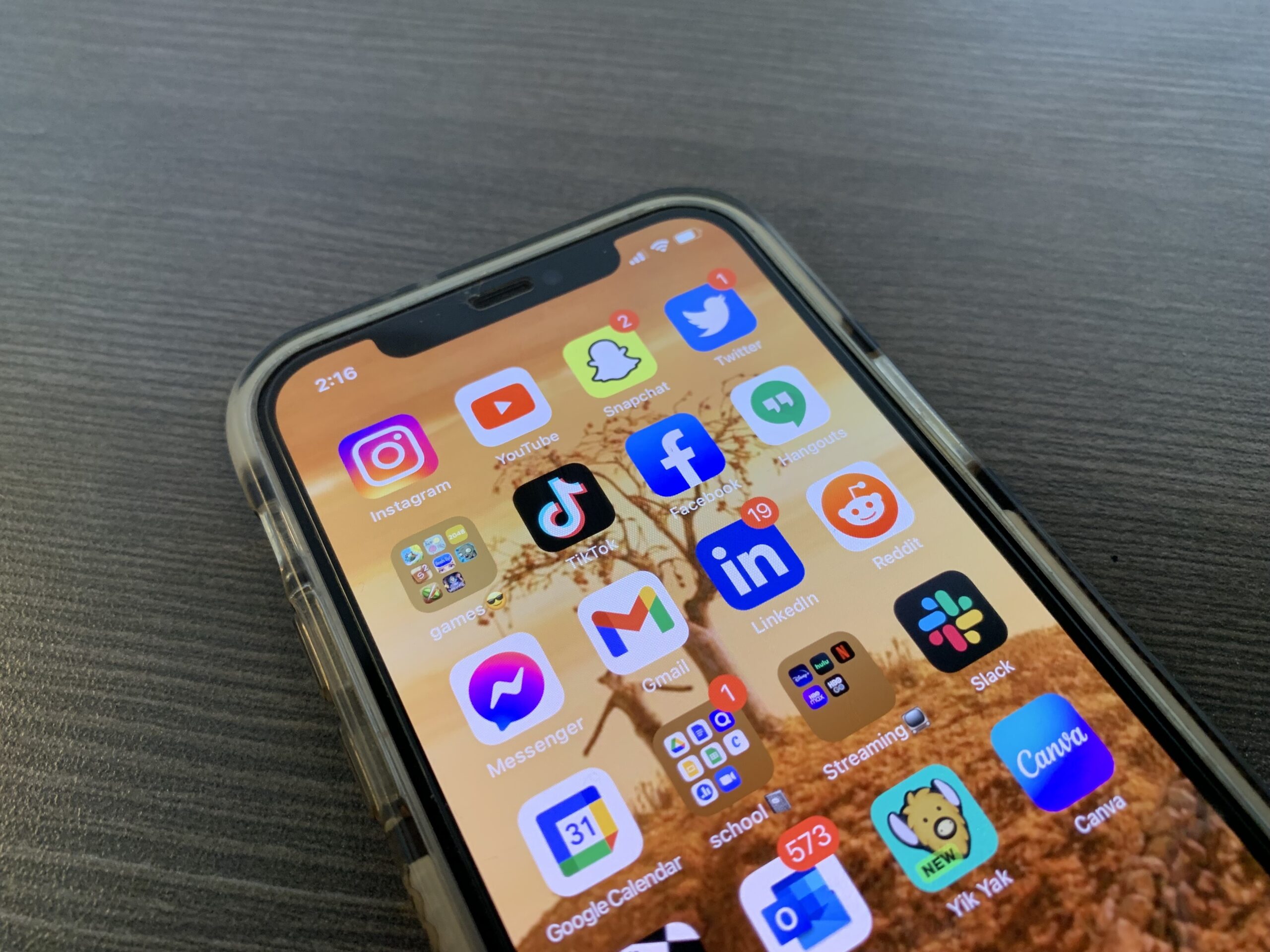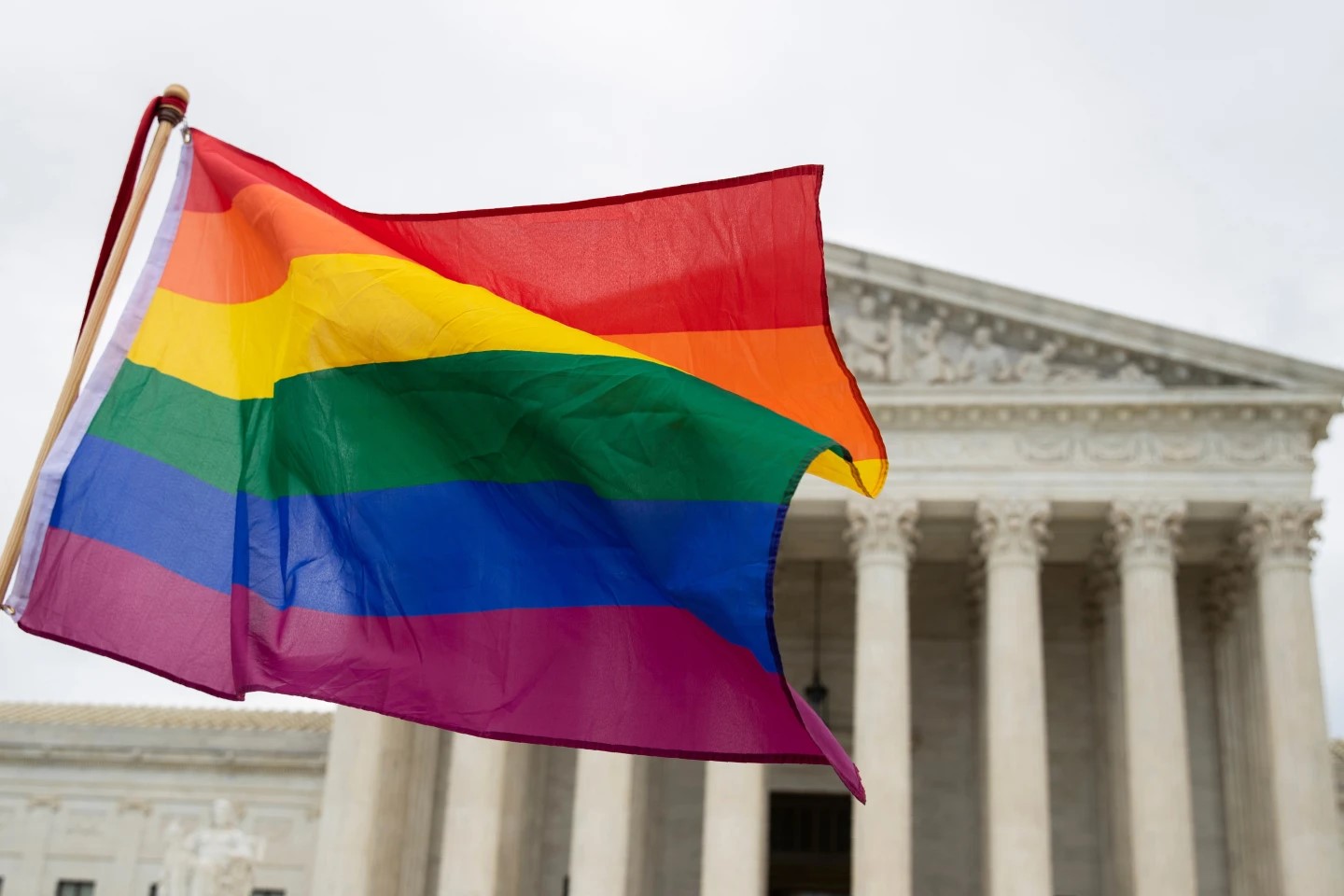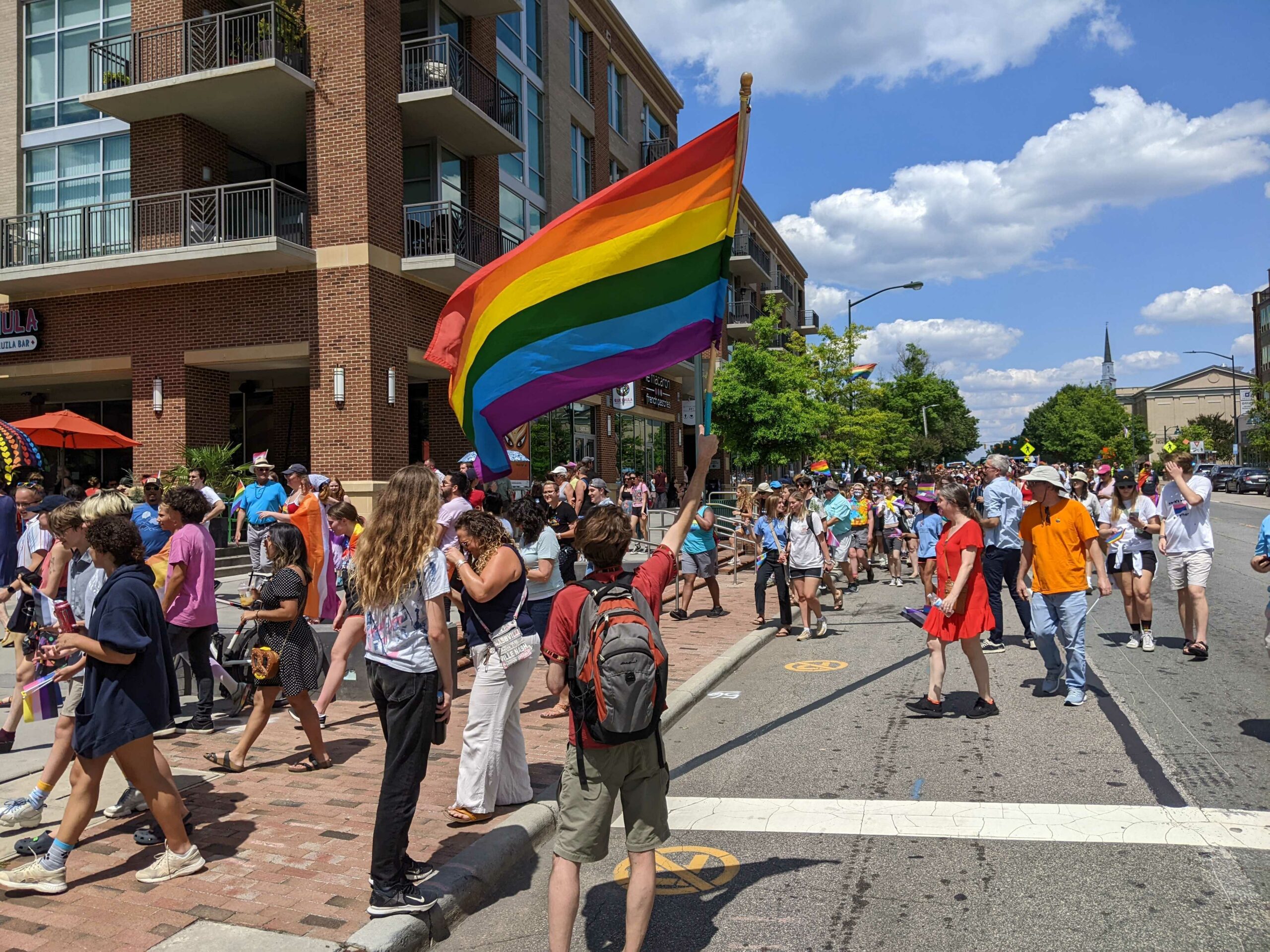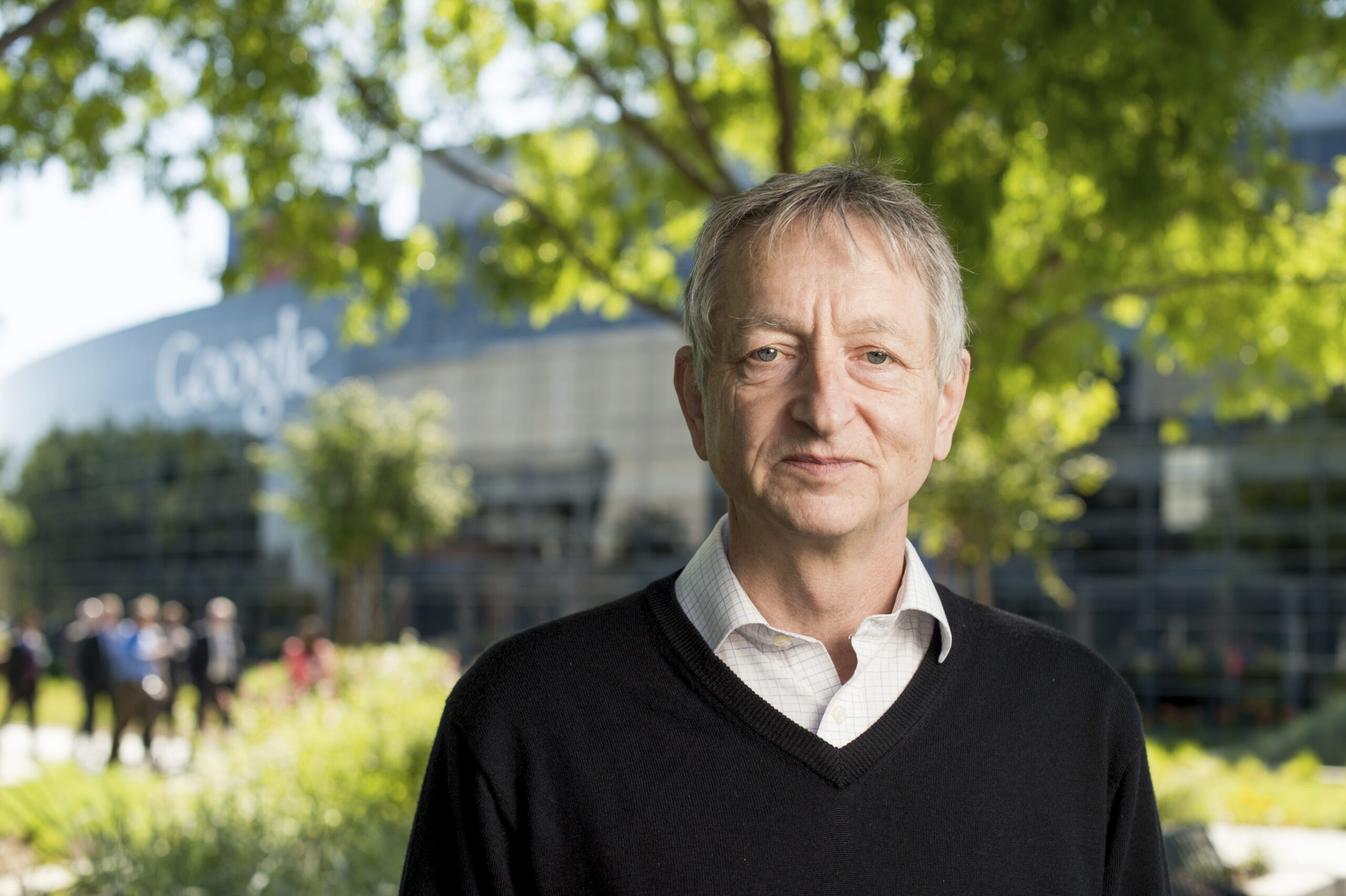A new report analyzing 20 years’ worth of data shows that LGBTQ people remain at a higher risk for victimization than their non-LGBTQ peers.
The 56-page report, which focused on the frequency and variety of violent acts committed against LGBTQ people, examined research from dozens of studies in order to find larger trends that might have otherwise gone unnoticed.
Tasseli McKay, one of the researchers on the report, said in an interview with WCHL that, even though she specializes in victimization research, she was still surprised by some of the report’s findings.
“One example is, in terms of this general impression that I think a lot of us share that society is becoming more tolerant of LGBTQ individuals…when you look across the research…we really don’t see the kinds of trends…that I think many people would have liked to see,” McKay said. “And, in fact, for some forms of victimization, particularly those affecting youth, things really seem to be getting worse.”
McKay cited examples of physical violence against LGBTQ people in the past year, like the Pulse night club shooting in Orlando last June.
But she also said that public policy can have a significant impact on the mental health of LGBTQ people – particularly LGBTQ youth.
“To illustrate that point,” she said, “there’s a really compelling study that came out in JAMA Pediatrics just in the last month that showed that legalization of same-sex marriage was associated with a measurable decrease in youth suicide rates among LGBTQ youth in states that adopted same-sex marriage as opposed to states that didn’t.”
And it’s not necessarily because teenagers want to get married right away, she said.
“What we’re talking about is this indirect effect of bills, and…discourses that occur around these bills, that may be shaping what young people are experiencing,” McKay said. “I think some of this research…does give us a sense that legislation is shaping young people’s sense of whether they’re welcome in this world or not.”
McKay said this feeling of not belonging can be exacerbated by the mixed signals that many LGBTQ youth receive from pop culture and their local communities.
“Young people are coming out at younger and younger ages, in part because they’re getting messages from the larger culture…that maybe it’s okay to be yourself,” McKay said. “But they may still be living in families that are intolerant. And so, on the one hand, there’s all of this encouragement to be who you are, be true to yourself and, when young people act on that, often they are targeted for victimization.”
According to McKay, one way to help LGBTQ people and youth feel accepted is to practice active bystander intervention and step up when you notice someone being verbally or physically abused.
“Even things as simple as Gay-Straight Alliances in local schools [can help],” she said. “All of us have a role in preventing victimization. We’re all bystanders in creating a culture that either tolerates violence and bullying or doesn’t.”
You can see the full report from RTI International here.










